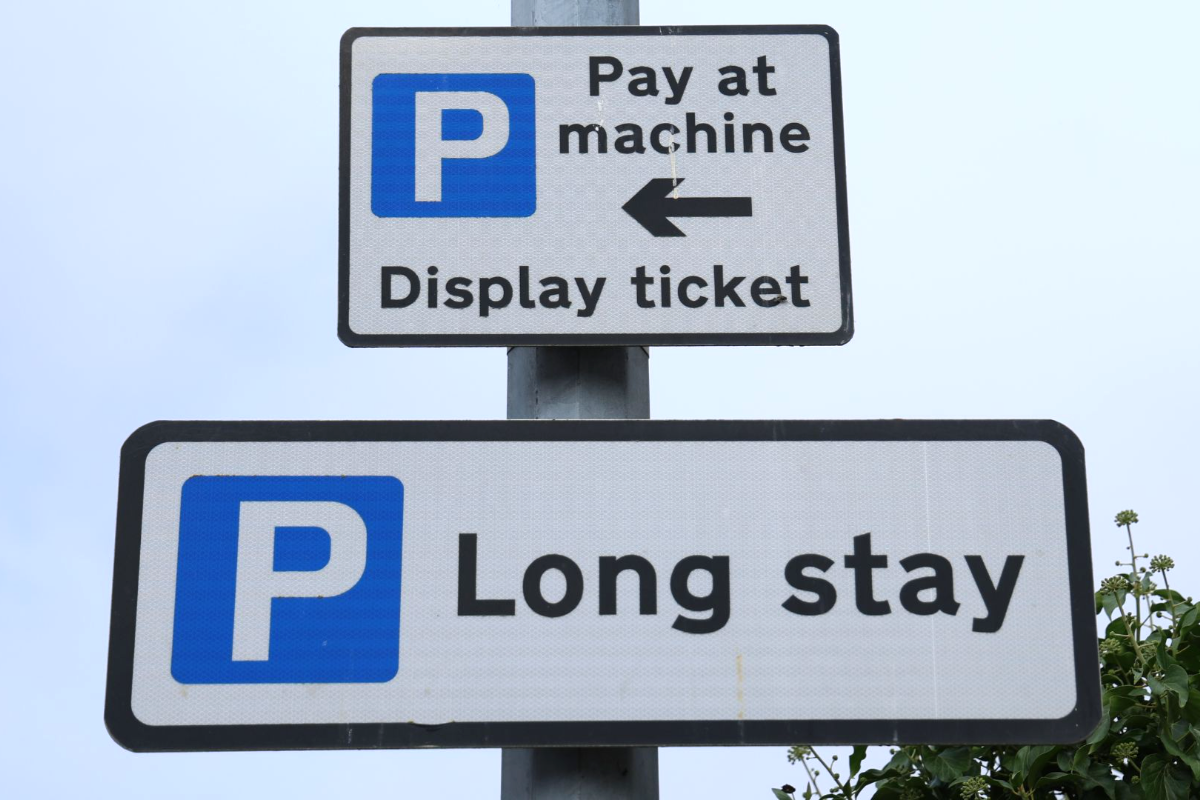Donald Trump has said the US is having direct talks with Iran over its nuclear programme - stating Iran will be in "great danger" if the negotiations fail.
The president has insisted Tehran cannot get nuclear weapons.
But Iran almost immediately contradicted the president insisting the talks due to take place in Oman on Saturday would be conducted through an intermediary.
Iran had pushed back against Trump's demand that it enter negotiations over its nuclear programme or be bombed, but speaking at the White House on Monday, Mr Trump said: "We're having direct talks with Iran, and they've started.
"It'll go on Saturday," he continued. "We have a very big meeting, and we'll see what can happen. And I think everybody agrees that doing a deal would be preferable."
When pressed for more details on the talks, the US president said they are taking place "at almost the highest level, without specifying who would take part or where they would be held.
"Hopefully those talks will be successful, it would be in Iran's best interests if they are successful," he said. "We hope that's going to happen.
Speaking in the Oval Office on Monday, Mr Trump said Iran "cannot have a nuclear weapon, and if the talks aren't successful, I actually think it will be a very bad day for Iran".
However Mr Trump's bullish comments were not matched by Tehran. Iran's Foreign Minister Abbas Araqchi posted on X that indirect high-level talks would be held in Oman, adding: "It is as much an opportunity as it is a test. The ball is in America's court."
On Tuesday, Iran's state media said the talks would be led by Mr Araqchi and US Presidential Envoy Steve Witkoff, with Oman's foreign minister, Badr al-Busaidi, acting as intermediary.
Mr Trump's previous warnings of possible military action against Iran heightened already tense nerves across the Middle East.
He has said he would prefer a deal over military confrontation and in March wrote to Iran's supreme leader Ayatollah Ali Khamenei to suggest talks. Iranian officials at the time said Tehran would not be bullied into negotiations.
Direct talks would not occur without the explicit approval of Khamenei, who said in February that negotiations with the US were "not smart, wise, or honourable."
During his first White House term, Mr Trump withdrew the US from a deal between Iran and world powers designed to curb Iran's nuclear work in exchange for sanctions relief.
He also reimposed US sanctions.
? Follow Trump 100 on your podcast app ?
Iran has since far surpassed that deal's limits on uranium enrichment.
Tehran insists its nuclear programme is wholly for civilian energy purposes but Western powers accuse it of having a clandestine agenda.
Read more from Sky News:
Social media rumour sparks markets upturn
Two charged over Trump golf resort damage
Mr Netanyahu's White House visit - his second in just over two months - was also due to include a news conference but this was cancelled earlier on Monday.
Officials said the decision was made because he and Mr Trump had "two back-to-back media availabilities (the greeting in the Oval Office and the formal news conference), and they wanted to streamline things".

(c) Sky News 2025: Iran denies 'direct talks' with US over its nuclear programme




 Pete Townshend's Quadrophenia talked about modern masculinity before Gen Z was born
Pete Townshend's Quadrophenia talked about modern masculinity before Gen Z was born
 A major economic shock is happening thanks to Trump - and the UK can do little to stop it
A major economic shock is happening thanks to Trump - and the UK can do little to stop it
 Two Chinese citizens captured during fighting in eastern Ukraine, Zelenskyy says
Two Chinese citizens captured during fighting in eastern Ukraine, Zelenskyy says
 What China could do next as Trump's tariff war ramps-up
What China could do next as Trump's tariff war ramps-up
 Could Trump's tariffs tip the world into recession?
Could Trump's tariffs tip the world into recession?
 Bhim Kohli: Girl, 13, and boy, 15, found guilty of manslaughter of 80-year-old dog walker
Bhim Kohli: Girl, 13, and boy, 15, found guilty of manslaughter of 80-year-old dog walker










